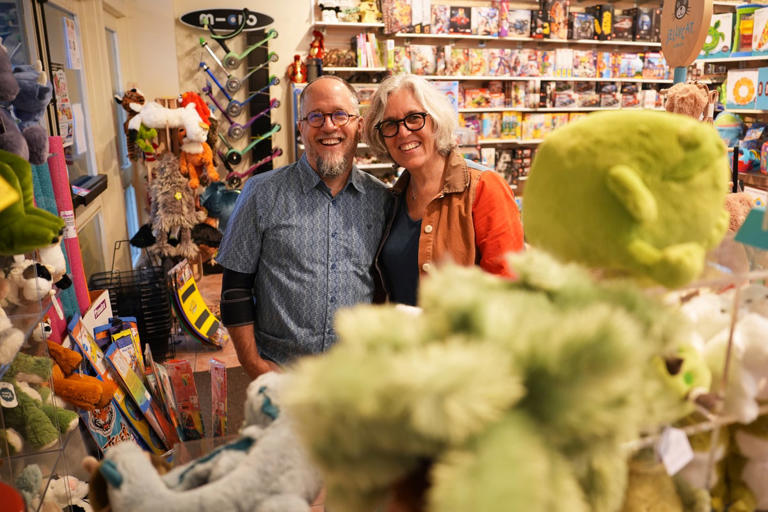U.S. Retailers Brace for Holiday Uncertainty Amid Shifting Tariffs and Supply Chain Challenges
- Rahaman Hadisur

- Jul 31, 2025
- 3 min read
Hadisur Rahman, JadeTimes Staff
H. Rahman is a Jadetimes news reporter covering Business

With summer in full swing, most American retailers are already thinking about Christmas. Yet, fewer than 22 weeks before the holiday shopping season, businesses that make and sell consumer goods are struggling to finalize orders and pricing largely because of unpredictable U.S. trade policies and fluctuating tariffs.
President Donald Trump’s shifting import tax strategies, aimed at bolstering domestic manufacturing and narrowing the trade deficit, have forced companies to rethink traditional planning cycles.
Mac Harman, CEO of Balsam Brands, parent of Balsam Hill a major seller of artificial trees and holiday décor said his team is redesigning product catalogs on the fly.
“The uncertainty has led us to spend all our time trying to rejigger what we’re ordering, where we’re bringing it in, when it’s going to get here,” Harman said. “We don’t know which items we’re going to have to put in the catalog or not.”
Retailers normally finalize their holiday orders by late June. This year, many delayed purchases or scaled back selections to avoid being saddled with high cost inventory. For consumers, this could mean fewer choices on store shelves come November and December, as well as steeper prices.
The U.S. toy industry sourcing nearly 80% of its products from China has been especially disrupted. A 145% tariff on Chinese goods earlier this year forced many toy makers to postpone production.
According to Greg Ahearn, CEO of the Toy Association, manufacturing levels are significantly lower than last year, and shipments are arriving late.
James Zahn, editor-in-chief of Toy Book, said uncertainty over replenishment is another risk: “If a toy becomes a breakout hit in September, it’s unclear whether retailers will be able to restock at a viable price.”
Independent retailers are also adapting in real time. Dean Smith, co-owner of JaZams toy stores in New Jersey and Pennsylvania, said he eliminated half of his usual holiday product lineup due to price increases from distributors. “I explored ways to maintain a reasonable margin without raising prices beyond what consumers would accept,” Smith explained.
In Indiana, Hilary Key, owner of The Toy Chest, decided to skip her usual early product testing phase to avoid potential tariff hits on delayed shipments. Instead, she has leaned on books and locally sourced gifts, though she worries the assortment won’t fully meet customers’ needs.
Despite some recent tariff reductions, importers remain on edge. The White House delayed new tariffs on goods from multiple trading partners until August 1, prompting a surge in shipping activity.
Gene Seroka, executive director of the Port of Los Angeles, said June was the busiest in the port’s 117-year history as companies raced to beat potential increases. “For us consumers, lower inventory levels, fewer selections and higher prices are likely as we head into the holidays,” Seroka warned.
Some businesses have doubled warehouse space to lock in pricing on critical items. Smith said popular toys like Jellycat plush animals and oversized stuffed unicorns are already selling quickly as shoppers try to get ahead of potential price hikes.
Harman of Balsam Brands echoed a sentiment felt across the industry: “Our purpose as a company is to create joy together, and we’re going to do our very best to do that this year,” he said. “We’re just not going to have a bunch of the items that consumers want this year, and that’s not a position we want to be in.”











































Comments